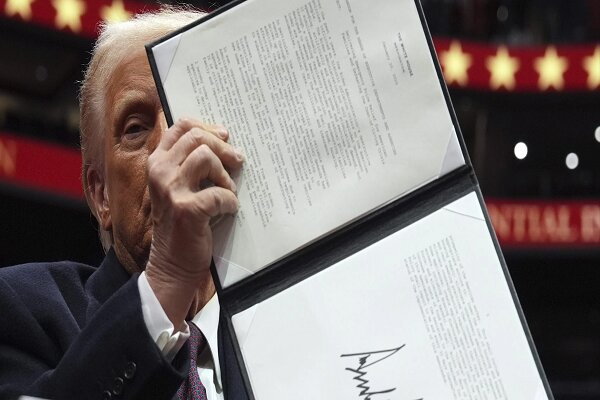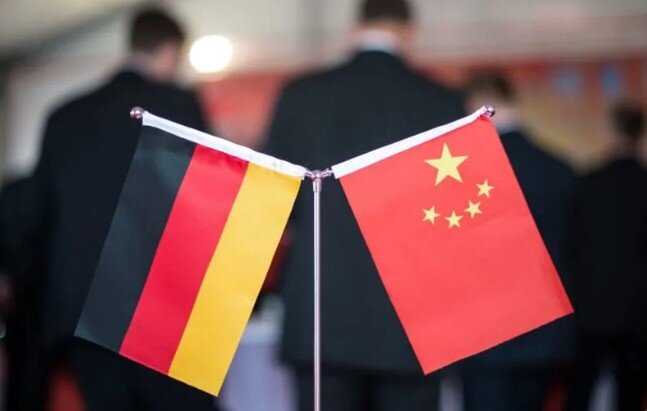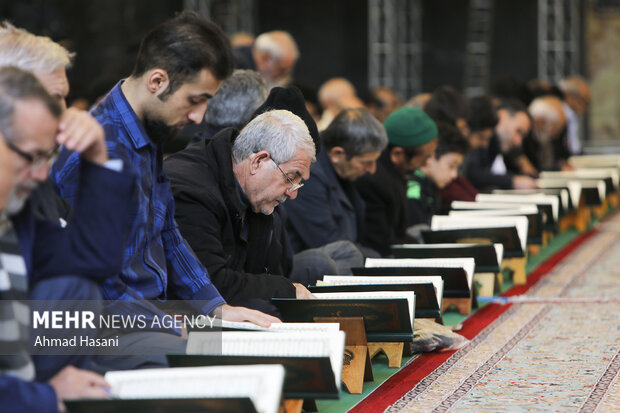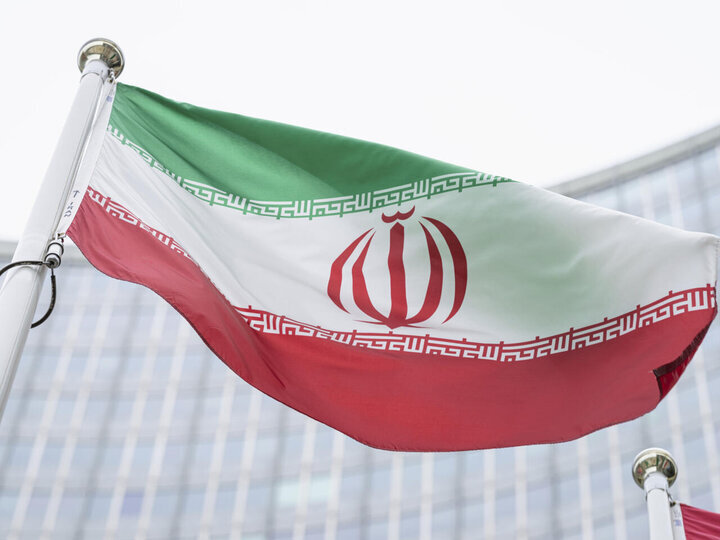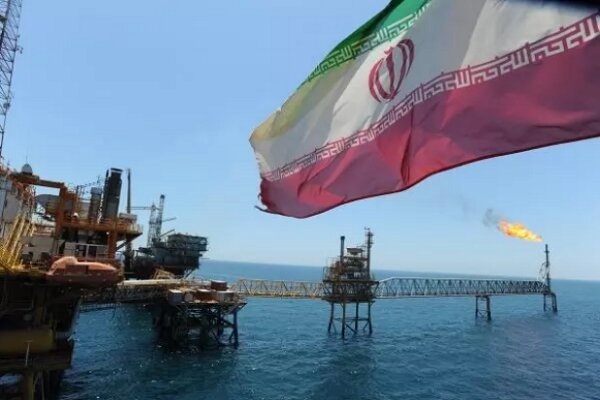
He made the announcement following a recent meeting between the president and his cabinet ministers with the Leader of the Islamic Revolution Ayatollah Seyyed Ali Khamenei, who insisted on making more investments with the aim of producing more oil.
The 40 percent hike in oil production capacity is the outcome of investment made in incomplete projects over the past two years, explained the minister.
Increase in investment has been a key issue in oil projects since the 13th (incumbent) administration took office, said Owji, adding the Oil Ministry has prioritized its projects and has given top priority to new projects that lead to economic growth.
“The country’s crude oil production stood at 2.2 million barrels per day (bpd) when I took over as oil minister, but the figure has now reached 3.1 million bpd to 3.4 million bpd,” the oil ministry’s news service SHANA quoted Owji as saying.
The incomplete gas projects such as phases 14 and 11 of the South Pars (SP) field were also prioritized, said the minister.
The Phase 11 development project had been passed from one administration to another for 20 years and the last related move was a 4.8-billion-dollar signed with French company Total without a good performance bond, regretted Owji, continuing that the company just got the data about the South Pars field and later quit.
Last Monday, President Ebrahim Raeisi inaugurated SP Phase 11 in southern Iran.
Phase 11 is the farthest border section of the South Pars gas field Iran shares with Qatar in the Persian Gulf waters.
The country’s gas production has witnessed a 40-million-cubic-meter growth in the first five months of the current Iranian calendar year (starting March 21) thanks to investment in comparison with the volume in the corresponding period in the previous year, said the top official.
Shifting to the gas processing capacity, Owji added the launch of SP Phase 14 has added over 50 million cubic meters per day (mcm/d) to it.
Pointing to 7-10 mcm/d gas output at SP Phase 11, the oil minister said the figure will soar to 15 mcm/d before the next winter and hit 50 mcm/d when more wells are drilled and put into operation.
The gas project was implemented while Iran was being hit by the toughest ever sanctions and Qatar facing no restriction in producing gas on the other side of the South Pars field, said Owji, concluding Iran’s gas output, however, is more than the volume produced by Qatar.
DAY/PR
